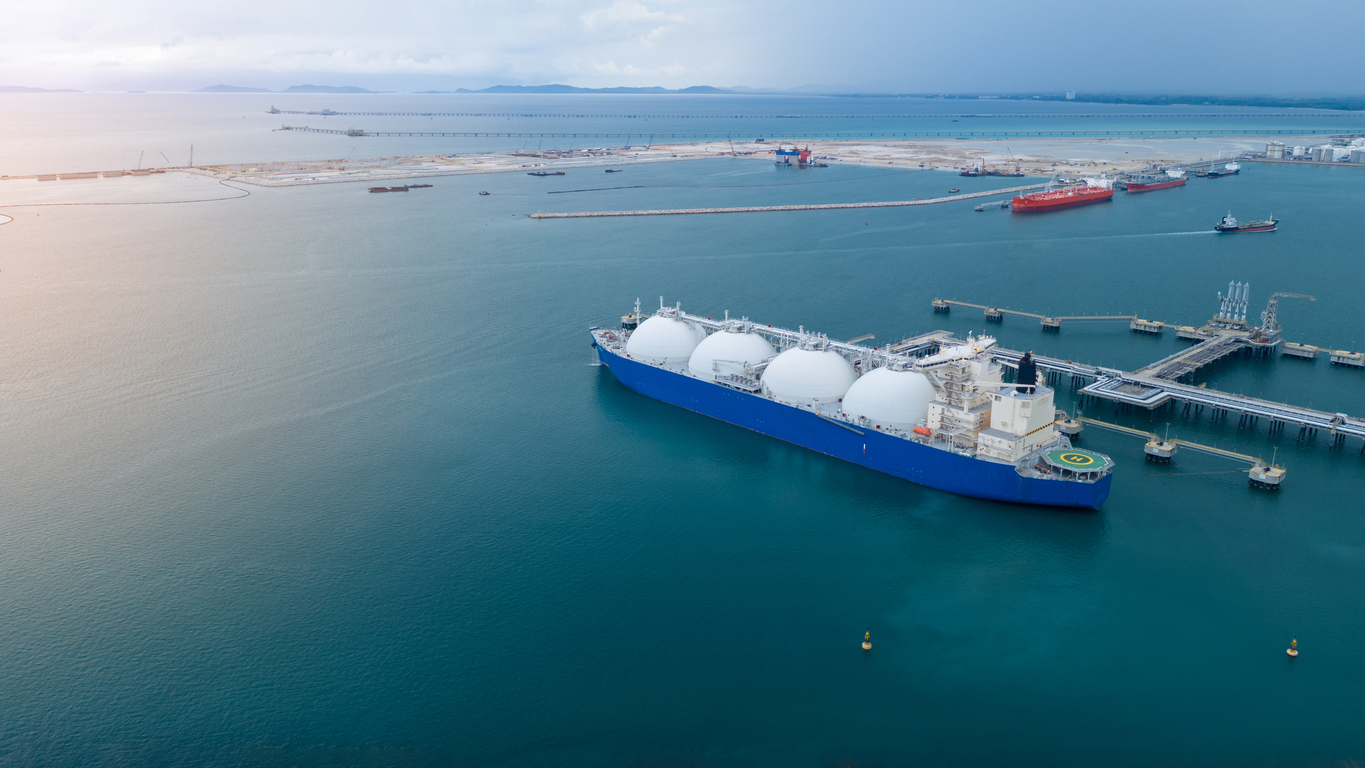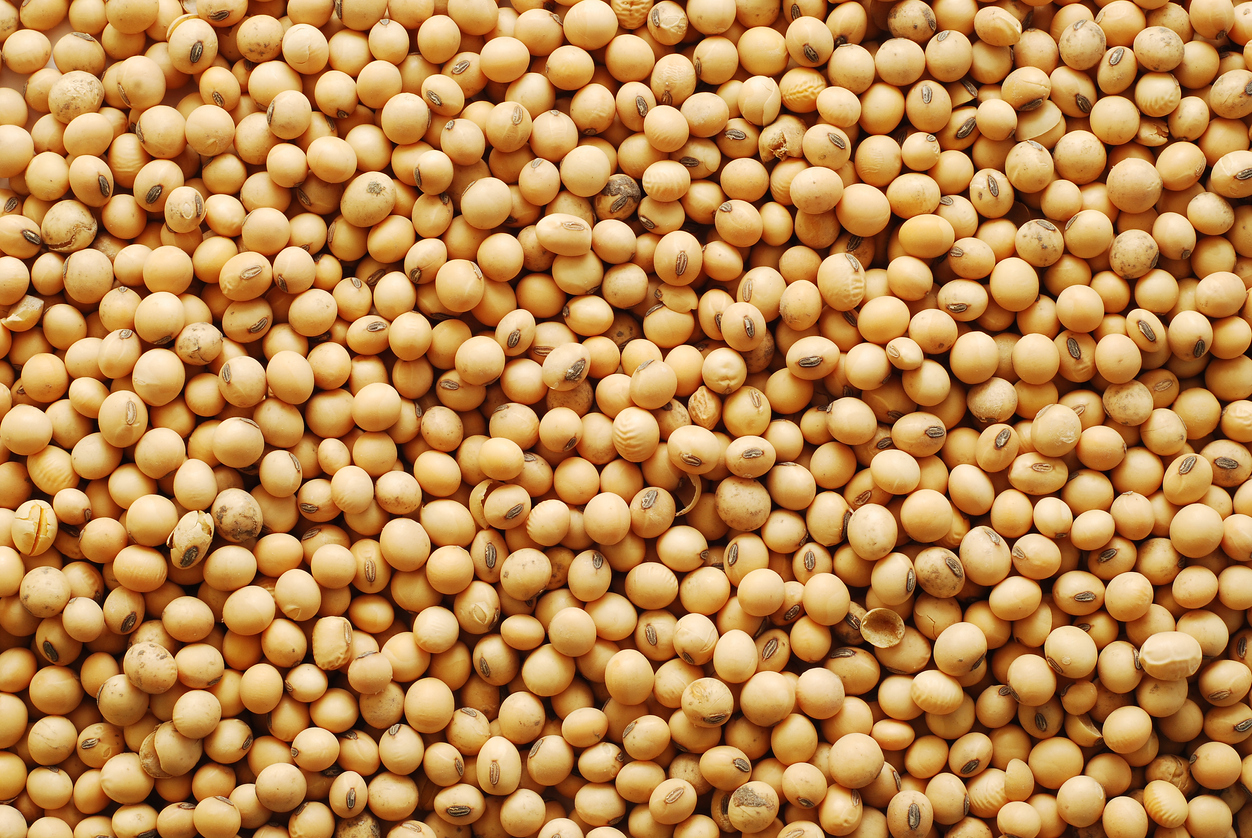Transforming Nigerian Agriculture Through Fertilizer Blending Plants
Fertilizer blending plants play a crucial role in Nigeria’s agricultural sector by producing customized nutrient mixes that meet the specific needs of crops and soil types. With Nigeria’s growing population and increasing demand for food, efficient fertilizer production is essential for boosting crop yields and supporting farmers nationwide.
Understanding Fertilizer Blending Plants
A fertilizer blending plant combines raw fertilizer materials, such as urea, NPK, and phosphate, into specific formulations tailored to different crops. These plants enable precise nutrient management, ensuring farmers receive fertilizers that optimize soil fertility and crop performance.
Benefits of Fertilizer Blending Plants in Nigeria
-
Customized Fertilizer Solutions
Fertilizer blending plants allow the production of blends tailored to local soil conditions and crop requirements. This ensures optimal nutrient availability, reducing waste and improving crop quality. -
Increased Crop Yields
By providing balanced nutrient mixes, these plants help farmers achieve higher yields for staple crops like maize, rice, and cassava. Better yields contribute directly to food security and income growth for Nigerian farmers. -
Reduced Dependence on Imports
Local blending plants reduce Nigeria’s reliance on imported fertilizers, making agricultural inputs more affordable and accessible for farmers across the country. -
Support for Sustainable Agriculture
Blended fertilizers ensure efficient nutrient use, minimizing environmental impacts like soil degradation and water pollution. This supports sustainable farming practices in Nigeria.
Challenges Facing Fertilizer Blending in Nigeria
Despite the benefits, fertilizer blending plants in Nigeria face several challenges:
-
High Operational Costs: Setting up and running blending plants requires significant capital investment.
-
Infrastructure Limitations: Poor roads and inconsistent power supply can disrupt operations and distribution.
-
Limited Technical Expertise: Effective blending requires skilled personnel and adherence to quality standards.
Opportunities for Growth
1. Strategic Partnerships
Partnerships between fertilizer companies, agricultural cooperatives, and trading firms like Wigmore Trading can help expand market reach and ensure farmers access high-quality blended fertilizers.
2. Investment in Modern Technology
Upgrading blending plants with automated systems improves precision, efficiency, and production capacity, allowing plants to meet growing demand.
3. Supporting Farmer Education
Educating farmers on the benefits and proper use of blended fertilizers maximizes crop performance and encourages repeat purchases, strengthening the agricultural supply chain.
How Wigmore Trading Supports Fertilizer Blending in Nigeria
Wigmore Trading works closely with fertilizer producers and agricultural businesses to streamline the distribution of blended fertilizers across Nigeria. Our services include:
-
Connecting blending plants with local and international buyers.
-
Advising on efficient logistics and storage solutions.
-
Supporting market access to ensure farmers receive high-quality fertilizers when they need them.
Whether you are a fertilizer manufacturer or an agricultural cooperative, Wigmore Trading can help you navigate the complexities of fertilizer distribution and boost productivity for Nigerian farmers.
Conclusion
Fertilizer blending plants in Nigeria are key to achieving higher crop yields, sustainable farming, and reduced dependence on imported fertilizers. With strategic partnerships, modern technology, and farmer education, these plants can significantly enhance the agricultural sector. Partnering with Wigmore Trading ensures seamless access to blended fertilizers, helping farmers maximize efficiency and profits.
Contact Wigmore Trading today to streamline your fertilizer sourcing and distribution.








Comments are closed.